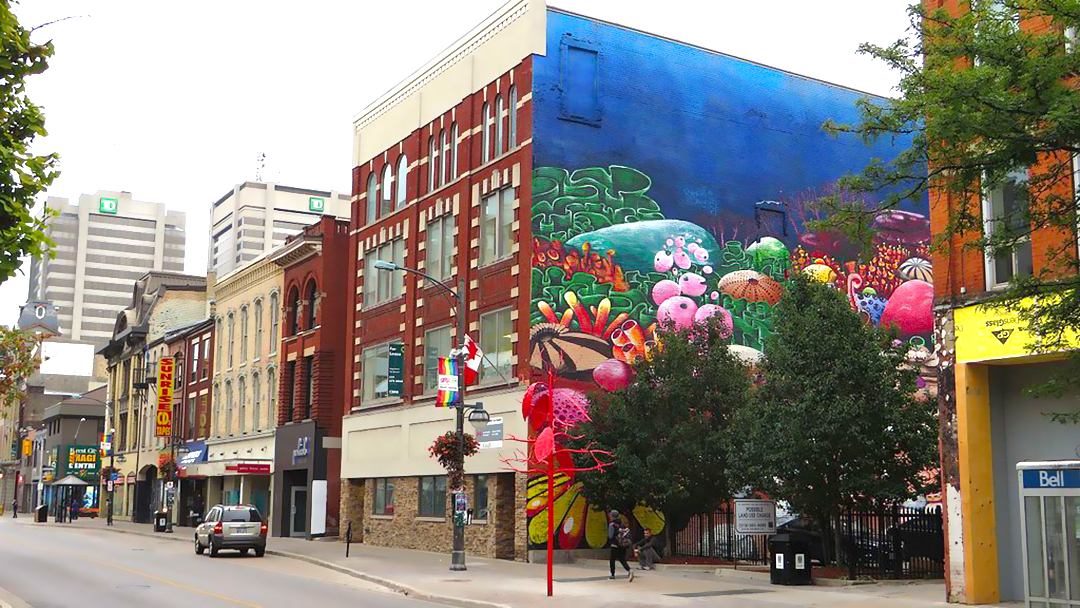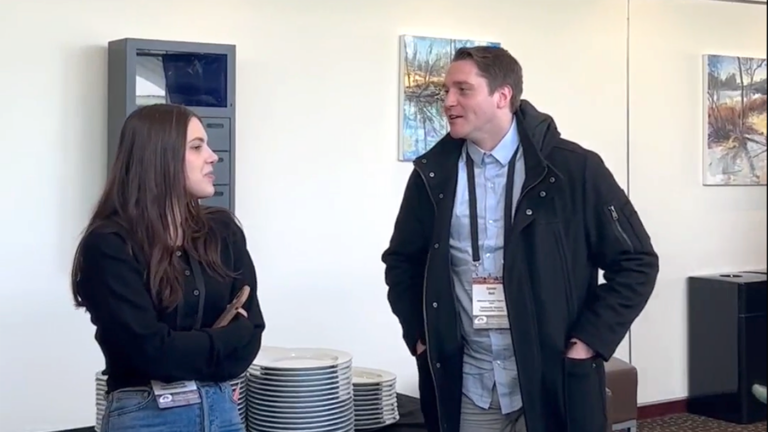$39,983 from the Sector Transformation Fund – Sectoral Impact
Having already sold off 5 buildings to keep afloat, Native Inter-Tribal Housing Co-operative is moving towards a sustainable business model with a feasibility study funded by the Centre.
At the Centre, we believe affordable housing is a cornerstone of democratic society: crucial to poverty reduction, it directly answers community needs, while offering below-market housing. With many Canadian cities in housing crisis, London, Ontario, is yet another city struggling to house its low to moderate income residents. Identified as having “unique housing market and income-related challenges” (City of London Housing Stability Plan 2019–2024), with a wait list of over 5,500 for municipally operated social housing, and a vacancy rate for social housing of 0 to 1%, the loss of even one housing coop is tragic. The situation is particularly challenging for Indigenous Peoples.
With 18% of Ontario’s urban Indigenous population in core need, a higher proportion of single parent female led families, and with household incomes 34% less than their non-Indigenous counterparts, it is not difficult to understand why Indigenous people make up over 29.6% of London’s homeless population. Also, turnover of the small number of Indigenous specific housing units remains low. The three Indigenous housing providers in the city report that families can wait five years or more for a suitable unit to become available.
“We are pleased to announce we have awarded $39,983 to Native Inter-Tribal Housing Co-operative to undertake a feasibility study assessing the need for support to sustain Indigenous housing in London, Ontario,” says Stéphan Corriveau,ED of the Community Housing Transformation Centre.
THE ORGANIZATION
Native Inter-Tribal Housing Co-operative incorporated in 1983 in response to the discrimination Indigenous people faced when seeking housing. Their goal is to provide safe, adequate, and affordable housing to the urban Indigenous people of London.
THE PROJECT
In 2015, at the expiration of operating agreements for the first 30 units acquired under the Urban Native Housing Program, Native Inter-Tribal Housing Co-operative had to cancel Rent Geared to Income Assistance for these units and increase rents by more than 100%. Families that did not have the capacity to absorb the increases were displaced, causing disruption and hardship. Just in the last year, they had to sell off 5 buildings in to replenish their liquidity and do the necessary repairs on other units.
In 2029, the last of their operating agreements expires: “if we do not transform our operations and find solutions, the prospect of long-term viability looks extremely bleak. There is a high probability that units will be sold off and many Indigenous tenant members who are in deep core housing need will become homeless or be forced to live in overcrowded and inadequate housing conditions,” relates a Native Inter-Tribal Housing Co-operative representative.
“We decided to undertake a feasibility study assessing the need for support to sustain Indigenous housing. The specific objectives are to assess the requirements for the co-operative to operate on a sustainable basis and examine the prospects, if required, to amalgamate with another cooperative.”
The proposed feasibility study will undertake the required research, analysis, explore financial models and demonstrate the need for support to preserve and sustain Indigenous housing stock. This assessment will help to prevent the loss of units to continue.
“Many units developed in the past have been built as single-family homes. These houses, which are now over 30 years old, make maintenance more difficult and expensive than multiplexes. We hope that the reflection led by Native Inter-Tribal Housing Co-operative can respond to this issue and inspire other organizations in the same situation,” underlines Luc Label, the program manager in charge of the project.
THE IMPACT
The Centre’s support would have an impact on more than one organization. The participation of a consulting firm will certainly facilitate the process. Contributing to this project will address the urgency of stopping the bleeding of affordable housing units for this Indigenous-led organization. Furthermore, two other organizations are looking into the possibility of amalgamation or a merger: that could have a positive effect on more than a hundred indigenous housing units. In that sense, this proposal will bring useful knowledge to Indigenous housing actors in London, ON.
THE PARTNERS
First Nations’ Housing Co-operative and Atlohsa Family Healing Services



